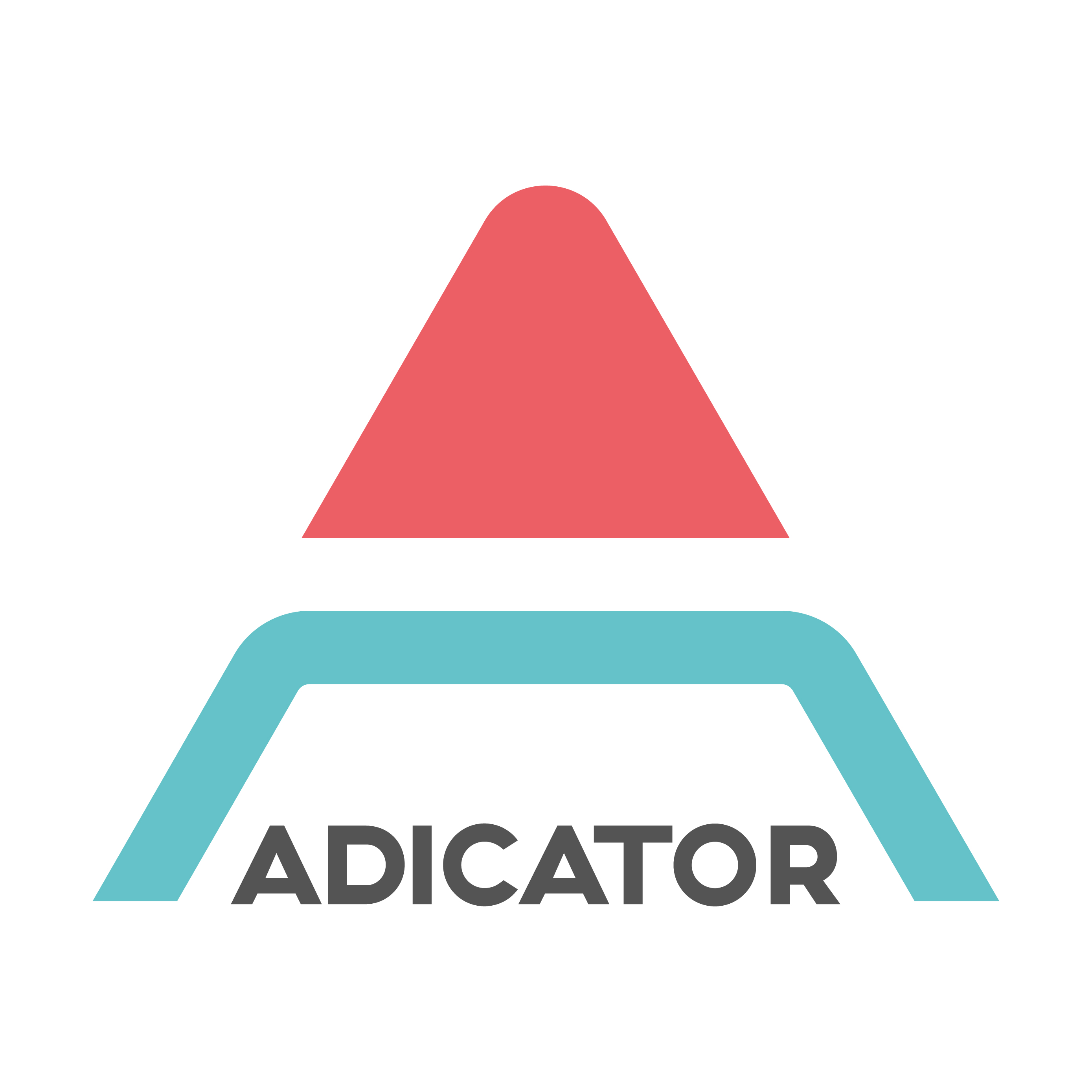Freedom of Speech on Campus
- Z Form
- Feb 17, 2022
- 3 min read

The entire basis of education is learning. But can we learn properly if we’re more focused on censorship than the diversity of education?
Many opinions can be a good thing. Like the advice of “shopping around” when it comes to purchases, or even taking polls online. There’s proof that different viewpoints can broaden our understanding of a topic, and further educate us on it. How we learn, even from a young age, is by being exposed to many different things.
So it poses the threat that the more we censor ourselves, especially in regards to education, the more we are limiting the learning experience of all students.
“According to a 2016 Knight Foundation survey, 78 percent of college students reported they favor an open learning environment that includes offensive views.” [X]
Now, obviously, there is a difference between free speech and threatening speech. You still can’t go up as a guest speaker at a college and spout threatening or ill-intended words to the crowd. But, free speech (even speech that may be seen as homophobic, bigoted, etc.) can be a gateway to an open conversation broaching many serious issues.
Things outside of our normal thinking process stimulate the brain. It creates debate, questioning, challenges– and isn’t that really the goal of higher education?
Speech that deeply offends our morality or is hostile to our way of life warrants the same constitutional protections as other speech because the right of free speech is indivisible: When we grant the government the power to suppress controversial ideas, we are all subject to censorship by the state. [X]
Change does not happen when you only see the same things.
Even things such as banned books throughout the years pose a threat to education.
Shouldn’t the students be able to interpret these works of literature in an open manner? Should they not be allowed to have a thought-provoking debate with their peers on the subject matters included? Even if we have progressed as society passed certain topics (such as racial slurs, etc.) included in these books, do they not serve an educational purpose as to how not to act?
A ban on subject material is insulting to the student, especially ones who literally pay to gain higher education. Imagine being a full adult, paying to go to college, and being told a topic is “too PC” to learn about. Is that not up to the student to decide whether they wish to engage? Taking away their power of critical thinking is unnecessary and unhelpful.
More than 50% of students identify racial inequality as a difficult topic to discuss on their campus. [X]
One could argue that the more difficult the topic, the more necessary it is to discuss. The more taboo we make it and the less we desire to talk about it, the less likely anything will change on it. Censoring the speech around a sensitive or difficult topic won’t make it go away, it will only further stigmatize it and make it even more awkward and uncomfortable to talk about it in the future.
What's most concerning is that it is the students themselves the ones setting limits and expressing less tolerance for divergent or different viewpoints. According to the largest free speech survey of college campuses:
Students reported an alarming willingness to shut down certain speakers: 87% of students reported that Vermont Sen. Bernie Sanders should be allowed to share his views on campus, but only 69% said the same for President Donald Trump and 78% for former Vice President Joe Biden. Students identifying as Republican or Independent were more tolerant of speakers than Democratic students: 71% of strong Republicans support Biden coming to campus, compared to 49% of strong Democrats reporting the same for Trump. (X)
It’s also worth noting that everything changes and evolves, and that’s exactly what we want.
Things that were “acceptable” 50 years ago no longer are (and most for good reason). And in another 50 years, we may look back on the things we said or did and cringe. But that’s the whole point of keeping an open stream of conversation and debate: so, we may grow and change and learn new things along the way. The Z Form makes discussion of difficult topics easier; it opens the lines of communication and education.





Comments